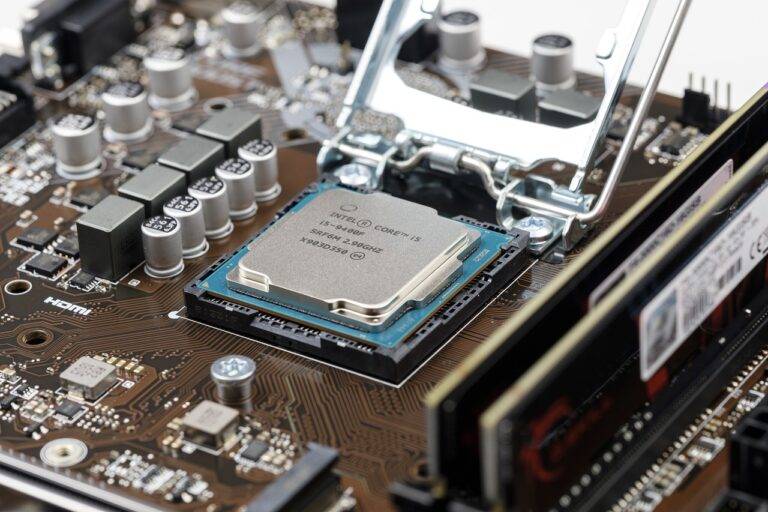The Potential of Blockchain in Enhancing Data Integrity in Research
Data integrity in research is a critical aspect that continues to present numerous challenges to researchers and institutions worldwide. One of the primary obstacles is the issue of data falsification and fabrication, which undermines the credibility and reliability of research findings. This unethical practice not only taints the reputation of individual researchers but also damages the integrity of the entire scientific community.
Another challenge in maintaining data integrity is the lack of standardized protocols for data collection, storage, and analysis. Without clear guidelines in place, there is a risk of errors, inconsistencies, and biases creeping into the research process, leading to flawed outcomes. Additionally, the pressure to publish quickly and secure funding can sometimes incentivize researchers to take shortcuts or overlook proper data management practices, further compromising the integrity of the research data.
Role of Blockchain Technology in Ensuring Data Security
Blockchain technology has emerged as a promising solution to address data security challenges in research. By utilizing a decentralized and immutable ledger system, blockchain ensures that data records are secure and transparent. Each block in the chain contains data that is cryptographically linked to the previous block, making it nearly impossible for unauthorized parties to tamper with the information stored within.
Moreover, blockchain technology eliminates the need for intermediaries in data transactions, reducing the risk of data breaches and unauthorized access. This decentralized approach not only enhances the security of research data but also increases the efficiency and speed of data processing. Researchers can have greater confidence in the integrity of their data, knowing that it is securely stored and can be easily verified through the blockchain network.
Advantages of Using Blockchain for Research Data Integrity
Blockchain technology offers numerous advantages for ensuring the integrity of research data. One key benefit is the immutability of the data stored on a blockchain network. Once information is added to a block and added to the chain, it cannot be altered or deleted without consensus from the majority of the network participants. This feature provides a high level of security and transparency, crucial for maintaining the integrity of research data.
Another advantage of using blockchain for research data integrity is the decentralized nature of the technology. Traditional centralized data storage systems are vulnerable to hacking and tampering, putting research data at risk. By utilizing a decentralized blockchain network, data is stored across multiple nodes, making it significantly more secure and resistant to unauthorized changes. This decentralized setup not only enhances data security but also ensures greater trust and reliability in the research findings derived from the data.
What are some advantages of using blockchain technology for research data integrity?
Some advantages include immutability of data, enhanced security through encryption, improved transparency and traceability, and reduced risk of data tampering.
How does blockchain technology help in ensuring the integrity of research data?
Blockchain technology creates a decentralized and secure system where data is stored in a distributed ledger, making it virtually impossible for any single entity to manipulate or alter the data without consensus from the network.
Can blockchain technology prevent data breaches in research?
While blockchain technology can greatly reduce the risk of data breaches by providing a secure and transparent system for storing and sharing data, it is not entirely immune to all types of cyber attacks. However, it does offer a higher level of security compared to traditional centralized databases.
How does blockchain technology improve transparency in research data?
Blockchain technology allows for real-time access to data across multiple parties in a secure and transparent manner. This transparency helps to build trust among researchers, institutions, and stakeholders involved in the research process.
What are some potential drawbacks of using blockchain technology for research data integrity?
Some potential drawbacks include the complexity of implementing blockchain systems, the high energy consumption associated with mining cryptocurrencies, and the need for consensus among network participants, which can sometimes slow down transaction processing.





